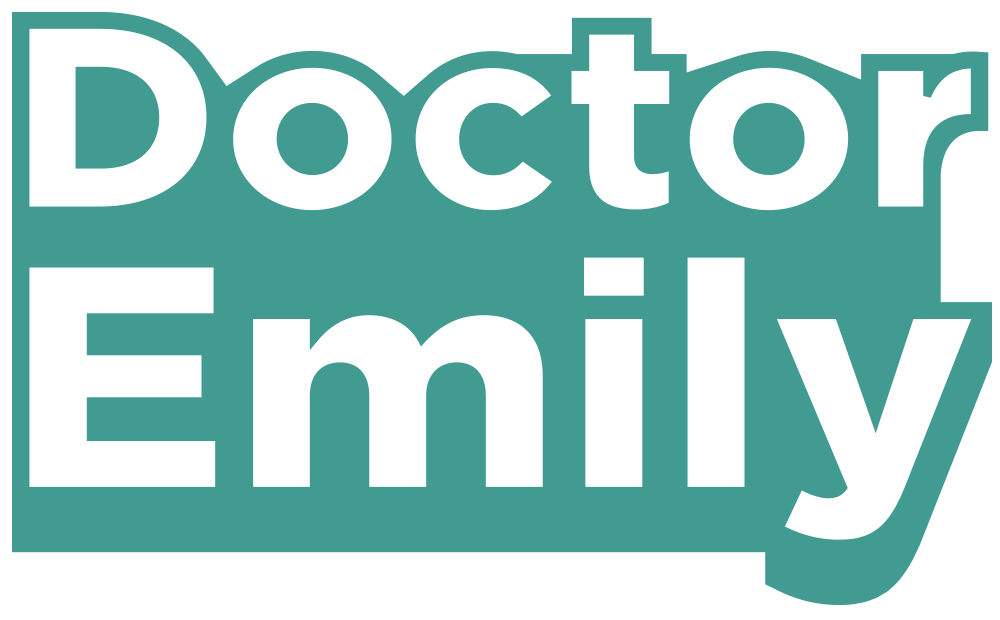FAQs
+ 1. What is a neuropsychologist?
A neuropsychologist is a professional with a doctoral degree in psychology. They have specialized training in brain/behavior relationships via coursework, internships, and postdoctoral experience.
A pediatric neuropsychologist has specialized experience and training in developmental issues related to brain/behavior relationships that are particularly relevant in children and adolescents.
+ 2. What is a psychoeducational evaluation?
A psychoeducational evaluation usually includes an assessment of a client’s social history, intellectual abilities and basic academic skills, as well as a psychological screening. A psychoeducational evaluation will typically include about 4 hours of formal testing. The results usually provide enough information to identify specific learning disabilities/differences as well as to pick up on clear psychological distress that is affecting someone’s functioning.
This evaluation does not provide the clinical or psychometric data required to reliably capture cognitive difficulties associated with attention or executive functioning issues like ADHD, Autism Spectrum Disorder or more subtle psychological and social difficulties. This type of evaluation provides recommendations for general learning and counseling support.
+ 3. What is a neuropsychological evaluation?
A neuropsychological evaluation includes a detailed investigation of an individual’s developmental, medical, social and psychological history. An extensive testing battery examines a child’s intellectual, academic, attention, executive functioning, language, visuospatial, visuoconstructional, memory and fine motor skills. A detailed investigation of a child’s psychological/social functioning includes a clinical interview and a series of standardized parent, teacher and self-report measures.
This type of evaluation typically takes anywhere from 6-10 hours of testing. For many children, a direct classroom observation period is also ideal and may be provided. The results are intended to identify not merely any intellectual or learning differences, but any cognitive or psychological difficulty that may be contributing to a child’s profile. Data obtained will provide the information needed to generate a very comprehensive description of the child’s learning and support needs. This description should be used to identify the specific learning/therapeutic interventions that will work best to support the child.
+ 4. What is the assessment process?
A comprehensive evaluation begins with an initial meeting where we go over your detailed history and concerns. Subsequent testing appointments are scheduled over 1-3 days, ranging from 2-8 hours per day depending on the age of the individual and their needs. An optimal schedule will be discussed with you during the intake.
+ 5. What happens after the evaluation is complete?
We will arrange for a feedback meeting approximately 2-3 weeks following the completion of the evaluation to go over testing results with you. If your child is old enough (generally age 8 or older), a separate meeting to review the results in a positive and brief manner with them will also be arranged. You can expect to receive the report one week following the last testing session.


